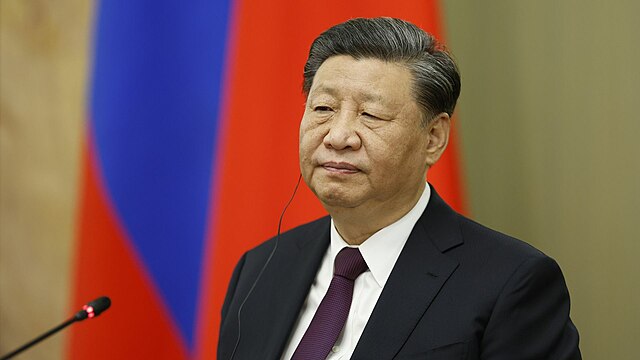Despite China’s boast that its economy grew at 5.2% in 2023, Greg Ip of the WSJ discounts that figure. Ip wrote, “Western analysts and even some Chinese officials have long taken Chinese gross domestic product with a grain of salt. But as discrepancies, inconsistencies and gaps in the data have grown, so has skepticism of its integrity.”
Economists point to a long litany of challenges facing Beijing, including a protracted property slump, persistent deflationary pressures and tepid consumer demand, and growing geopolitical tensions with the West. Many Western companies are reducing their footprint in China amid rising local competition, geopolitical tensions and legal scrutiny of their operations.
Part of the problem is that any criticism of China’s growth rate is escalated into a larger political conflict.
There is a major impediment to getting accurate data. New York-based Rhodium Group has studied China’s data for years and concludes it vastly overstates recent growth. Rhodium estimates China’s output shrank in 2022, when Covid lockdowns were most widespread, instead of growing 3% as official data claim. It puts growth last year at around 1.5% instead of the stated 5.2%.
China’s National Bureau of Statistics (NBS) reported that retail sales grew by 7% in 2023. This is starkly at odds with evidence such as Alibaba’s falling online sales, rising household deposits, and local government stress.
Another anomaly: the NBS says real-estate investment contracted 10% in 2023, but also that overall investment—including construction—contributed significantly to economic growth. The WSJ pointed out that for overall investment to have grown when real-estate investment contracted is not rational, especially when foreign investment was retreating, and bank credit was drying up.
A spokesperson for the Chinese embassy in Washington defended last year’s growth data, saying it was corroborated by physical indicators, including a 6.9% increase in electricity generation, a 5.7% increase in energy consumption and an 8.1% increase in cargo transport. Consumers are driving China’s recovery, with retail sales of services up 20%, while the rate of decline in real estate has slowed, the spokesperson added.
Much of the problem is attributable to Chinese leader Xi Jinping efforts to address long-term imbalances in the economy and fortify the country for what he expects will be a greater geopolitical turbulence.
Xi has discarded the previous animating principle of growth at all costs, calling instead for more technological self-sufficiency, and greater attention to national security imperatives and addressing social inequality.




